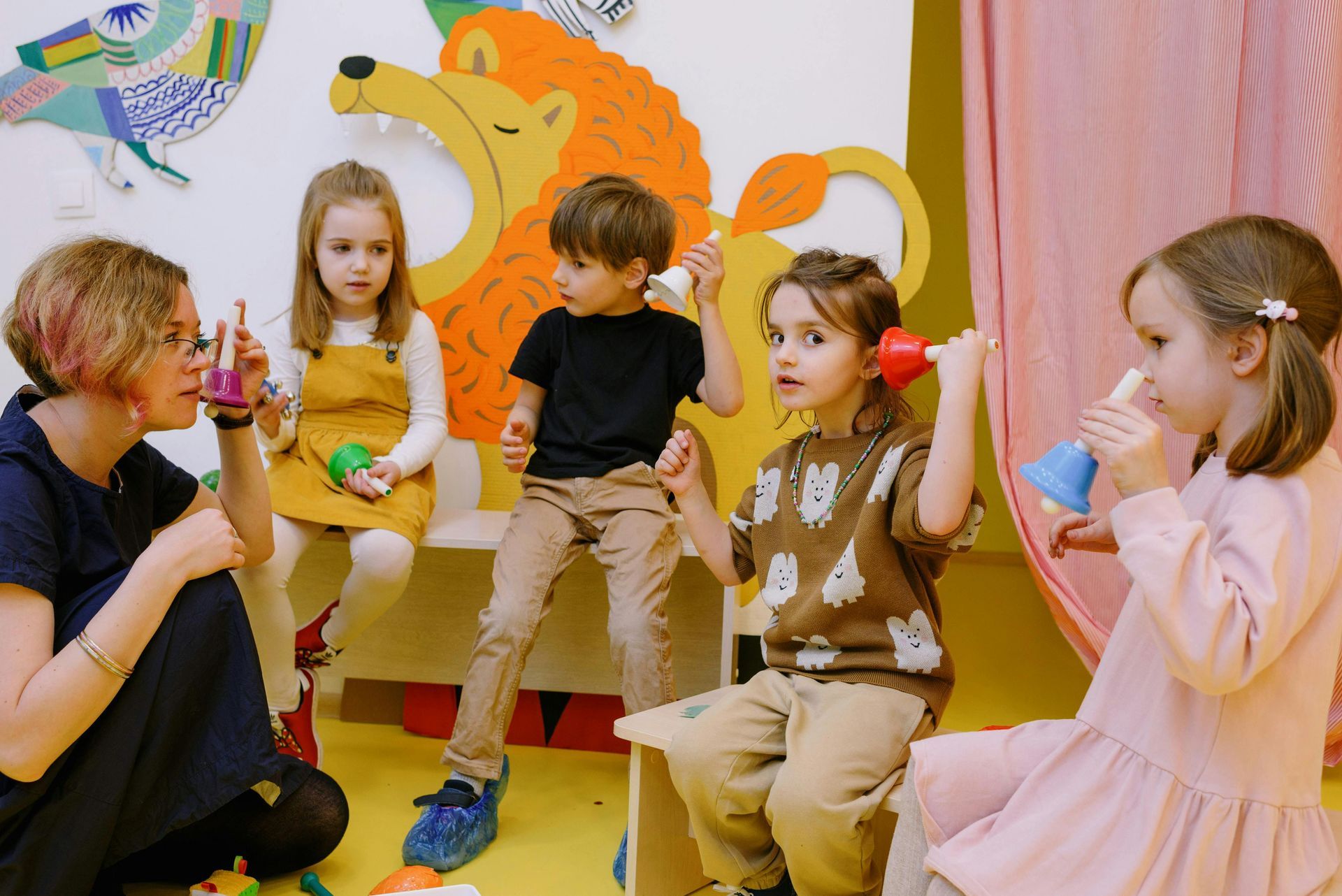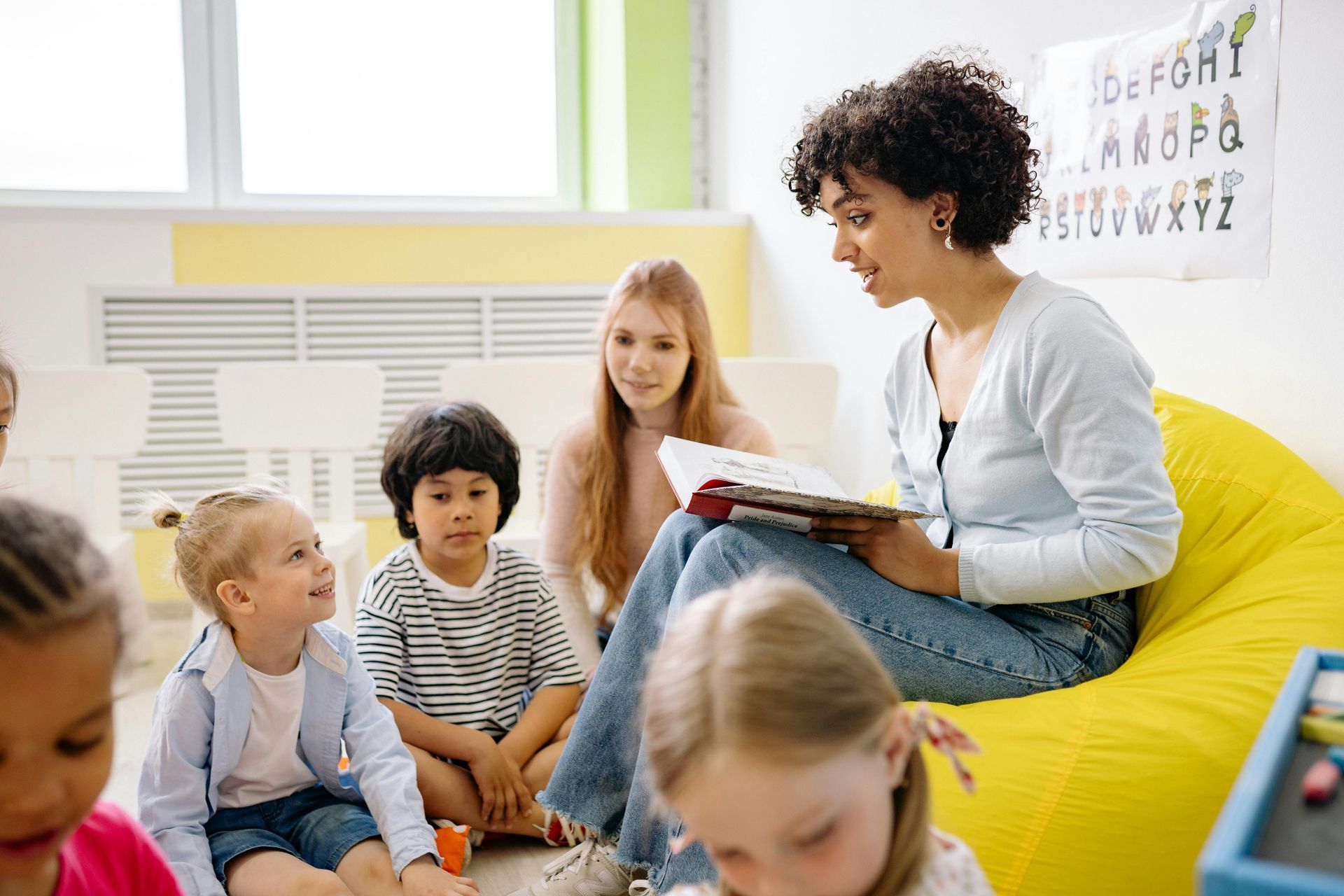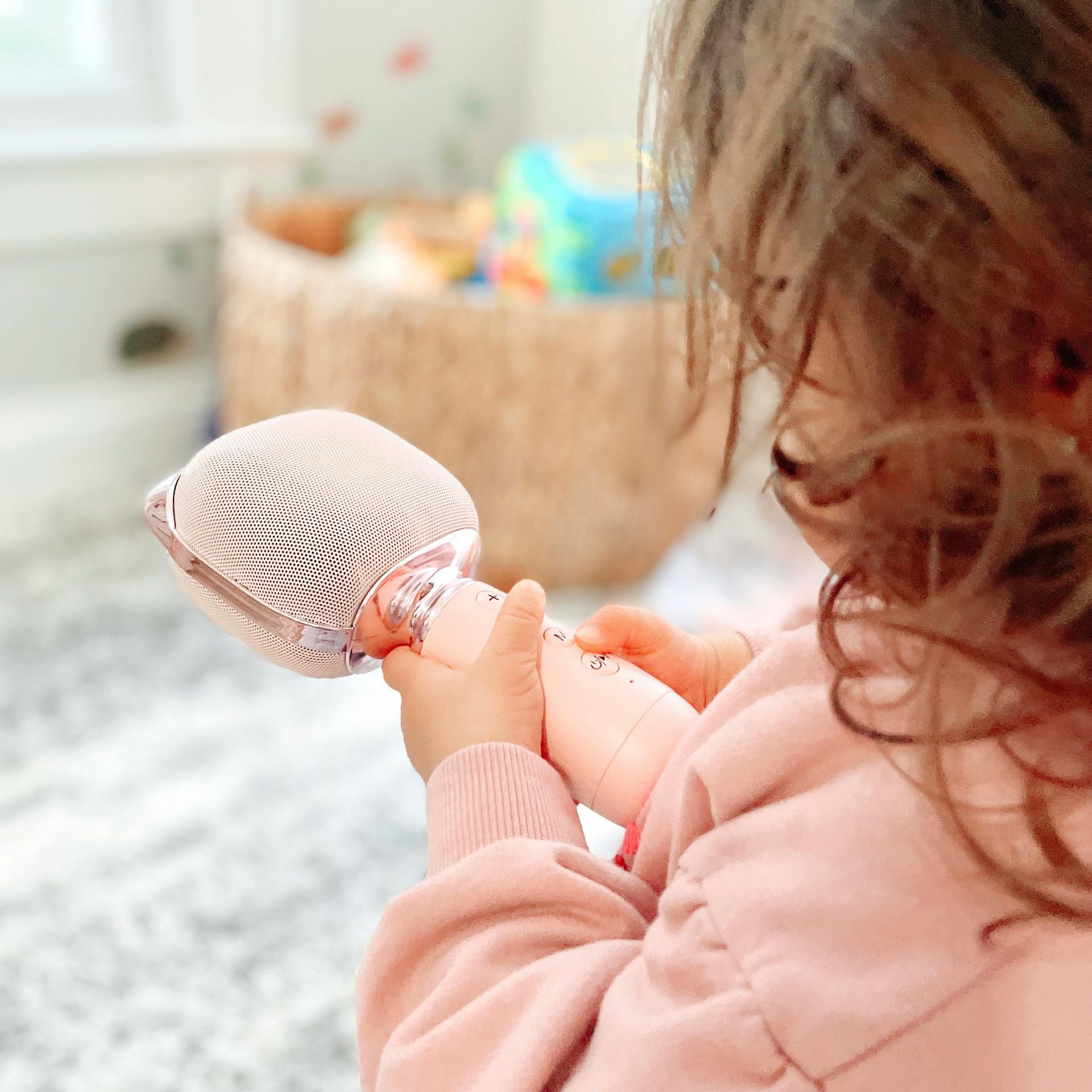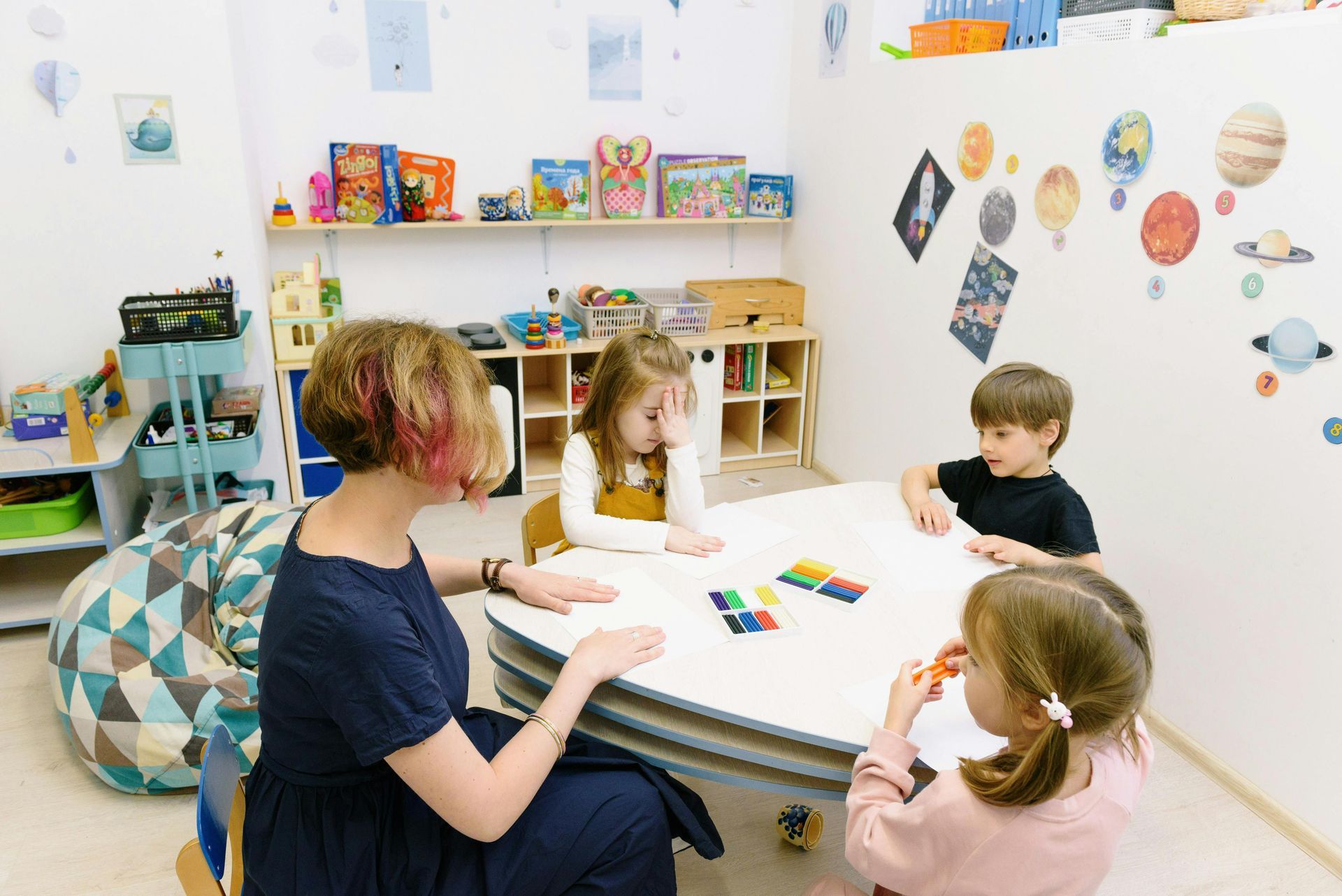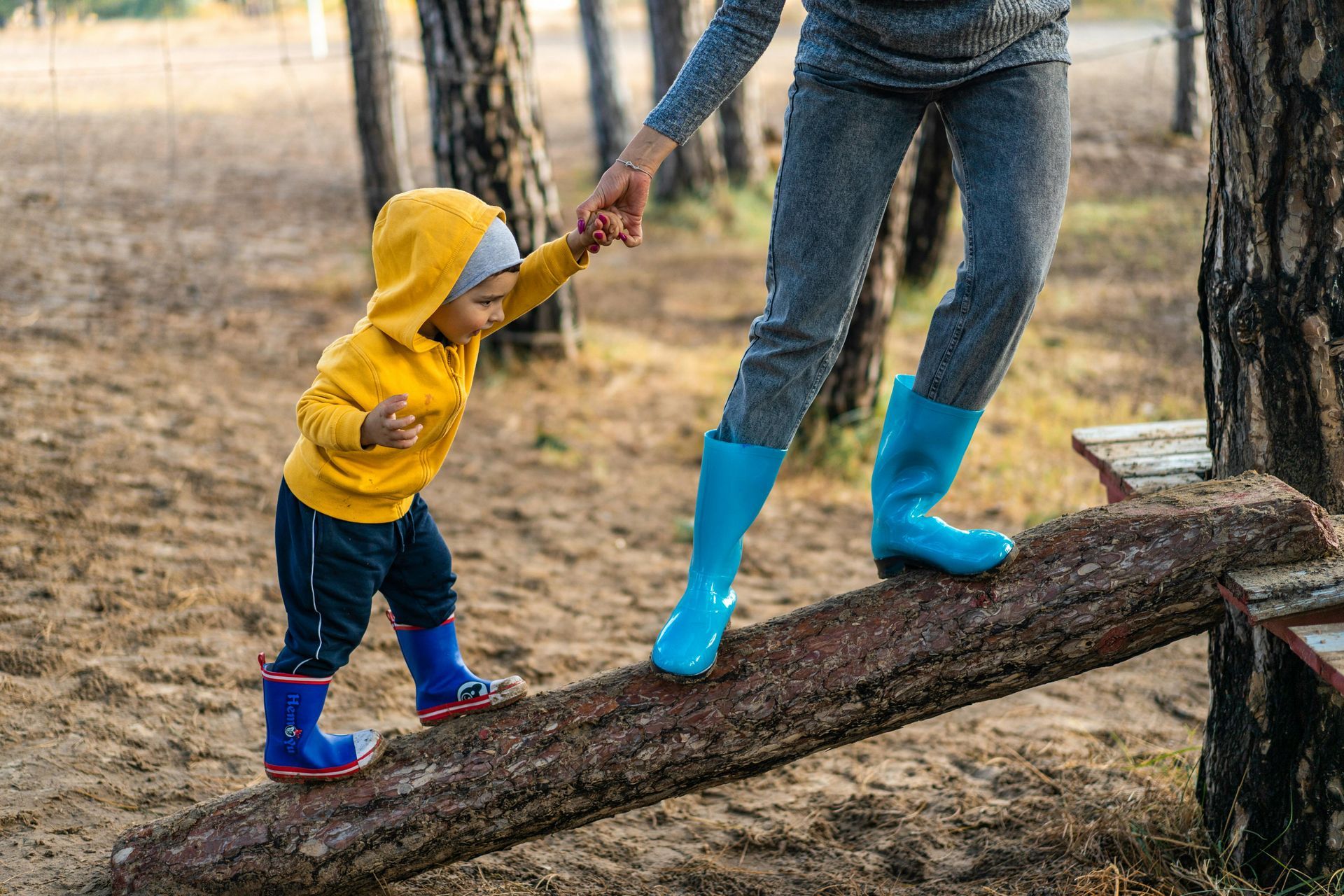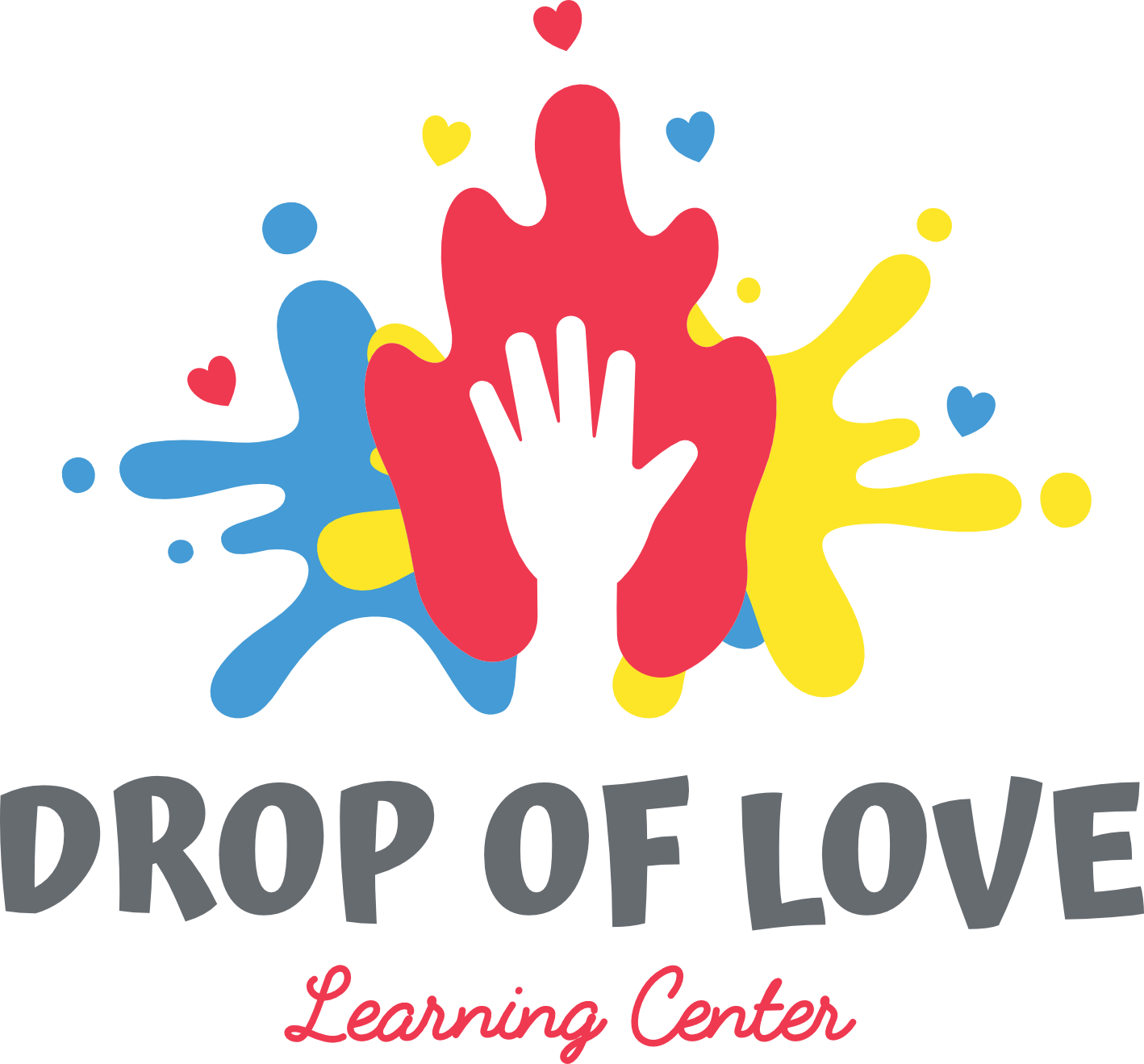Why Active Learning is Essential in Early Childhood Education
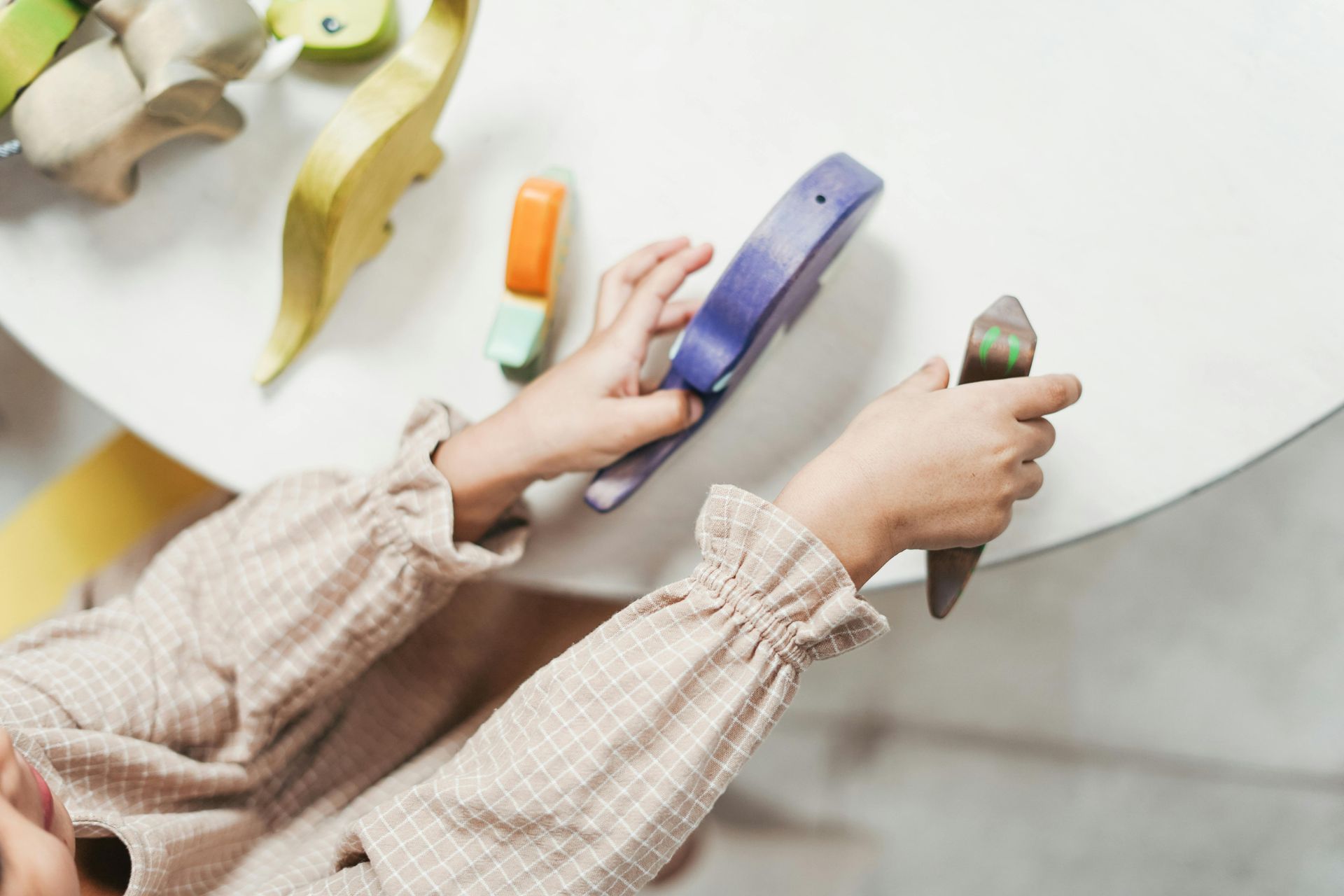
At Drop of Love Orlando, we understand the importance of play in early childhood development. Play is often seen as just fun, but in reality, it’s an essential tool that shapes children’s cognitive, physical, and emotional growth. Through active learning, children engage with their world, develop new skills, and build meaningful relationships with peers and educators.
In this blog post, we’ll explore why active learning through play is a crucial part of early childhood education and how it can create a foundation for lifelong learning and success.
What is Active Learning?
Active learning refers to a teaching method that encourages children to engage with and participate directly in the learning process. It’s not just about receiving information passively but interacting with it—exploring, questioning, experimenting, and practicing. Through hands-on activities and discovery, children learn by doing, which strengthens their understanding and retention of new concepts.
At Drop of Love Orlando, we believe in the power of active learning to:
- Enhance Cognitive Skills: Children develop critical thinking, problem-solving, and decision-making abilities through active learning activities. These skills form the foundation for academic success later in life.
- Encourage Physical Growth: Active play strengthens muscles, improves coordination, and develops fine and gross motor skills. Whether it’s climbing, running, or engaging in creative activities, physical play helps children build essential motor skills.
- Foster Social and Emotional Development: Active learning helps children build strong social skills. By participating in group activities, sharing, and working together, they develop empathy, cooperation, and the ability to resolve conflicts.
The Importance of Play in Early Childhood Education
Play is essential for young children because it helps them understand the world around them, explore their creativity, and learn in a way that is natural and enjoyable. Through play, children practice the skills they need to succeed both inside and outside the classroom.
1. Cognitive Development Through Play
Children learn essential academic concepts such as numbers, letters, shapes, and colors through play. For example, when children build with blocks or participate in interactive games, they are practicing mathematical concepts like balance, symmetry, and spatial reasoning. As they engage in pretend play or storytelling, they develop language skills, expand their vocabulary, and improve their communication abilities.
2. Physical Development and Coordination
Physical play is crucial for developing motor skills. From running and jumping to fine-tuning the muscles required for writing or using utensils, active play enhances children’s physical abilities. When children engage in activities like climbing or playing sports, they improve their balance, strength, and coordination, which are important for overall physical health.
3. Social and Emotional Benefits of Play
Playtime provides children with the opportunity to interact with their peers, learning important social skills such as cooperation, sharing, and negotiation. By working together on a project or playing games, children develop a sense of teamwork and learn how to manage disagreements respectfully. Emotionally, play helps children express their feelings and cope with challenges, reducing stress and anxiety. It also provides opportunities for children to explore different roles and perspectives, which builds empathy.
Active Learning at Drop of Love Orlando
At Drop of Love Orlando, we integrate active learning into everything we do. Our curriculum is designed to engage children through a variety of hands-on, interactive activities that cater to different learning styles. Whether it’s through art, music, outdoor exploration, or collaborative projects, we make learning an exciting and dynamic experience.
Here are some ways we incorporate active learning at our center:
1. Outdoor Exploration and Nature-Based Learning
We understand the importance of outdoor play and its positive effects on physical and cognitive development. Our outdoor classrooms are designed to encourage exploration, from sensory gardens to natural play structures. These activities not only help children improve their physical skills but also promote curiosity and an appreciation for the natural world. Whether it’s examining leaves, observing insects, or collecting rocks, children are actively learning about their environment.
2. Hands-On Learning Stations
In our classrooms, we provide children with a variety of learning stations that encourage exploration and discovery. From science experiments to building with blocks and creating art, these stations allow children to engage directly with the materials and concepts they are learning about. This hands-on approach helps children build critical thinking skills and retain knowledge in a fun and interactive way.
3. Creative Arts and Dramatic Play
Art and dramatic play are an essential part of our curriculum because they allow children to express their emotions and creativity. Children can experiment with different art mediums, such as painting, sculpting, and drawing, while also engaging in pretend play that encourages imagination and storytelling. These activities not only develop creativity but also help children communicate their thoughts and feelings effectively.
The Long-Term Benefits of Active Learning Through Play
Active learning through play is not just about having fun; it has long-term benefits that extend far beyond the early childhood years. Here’s how:
1. Better Academic Performance
Children who engage in active learning are better prepared for academic success. By developing problem-solving and critical thinking skills through play, they are better equipped to tackle complex tasks in later years. Active play also fosters a love of learning, encouraging children to explore new ideas and take on challenges in the classroom.
2. Emotional Resilience
Through active play, children learn how to manage their emotions, cope with frustration, and bounce back from failure. These experiences build emotional resilience and give children the tools they need to overcome obstacles throughout their lives.
3. Stronger Social Connections
Play allows children to form strong social bonds with their peers. By learning how to cooperate, negotiate, and communicate effectively, children develop the social skills that will serve them throughout their lives, from school to the workplace.
4. Lifelong Health Habits
Children who engage in physical activity from a young age develop healthy habits that carry into adulthood. Regular active play helps prevent obesity, improves heart health, and promotes overall physical well-being. Active learning ensures that children are not only prepared academically but are also encouraged to maintain healthy, active lifestyles.
Explore how nurturing emotional intelligence and a solid educational foundation in the early years paves the way for lifelong achievement in Fostering Emotional Intelligence in Early Childhood: The Key to Lifelong Success and Building Strong Foundations: The Role of Early Childhood Education in Shaping Future Success.
Conclusion: Fostering a Love for Learning Through Play
At Drop of Love Orlando, we understand that active learning through play is the foundation for a child’s overall development. By providing children with opportunities to explore, create, and engage in meaningful play experiences, we empower them to build confidence, learn valuable skills, and develop a lifelong love for learning.
Play is not just a fun break—it’s an essential part of how children learn and grow. As we continue to provide an environment where learning is hands-on, engaging, and enjoyable, we are setting children on a path toward success in school and in life.
